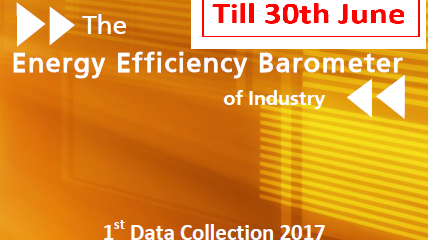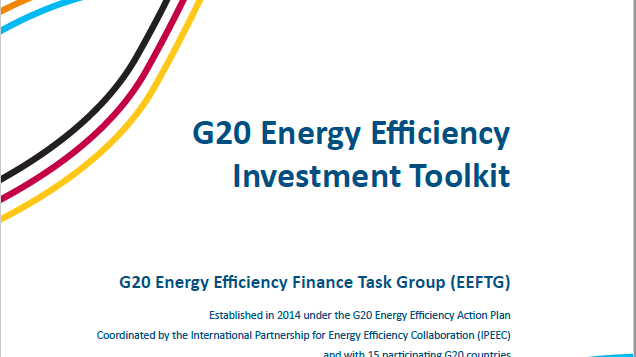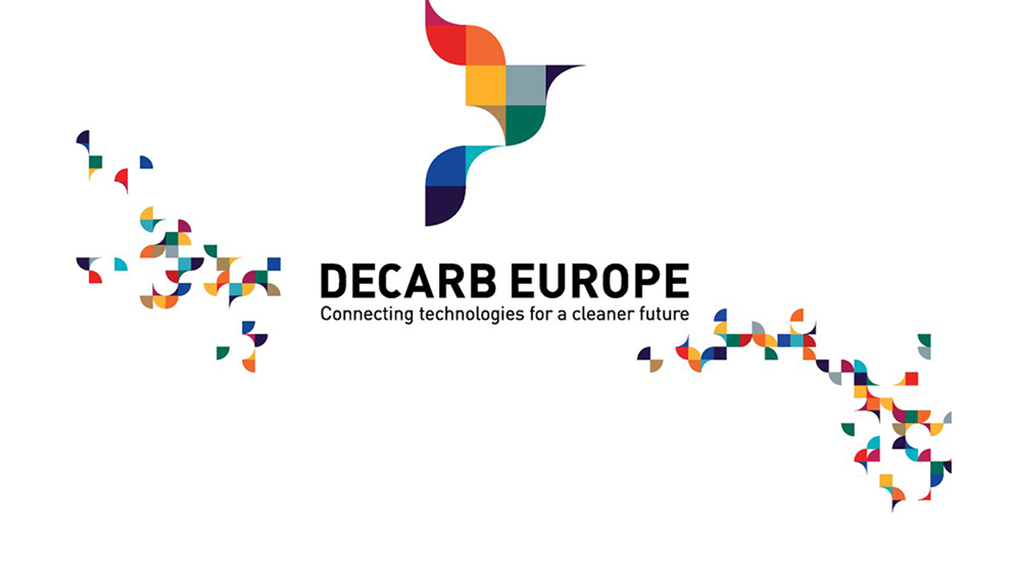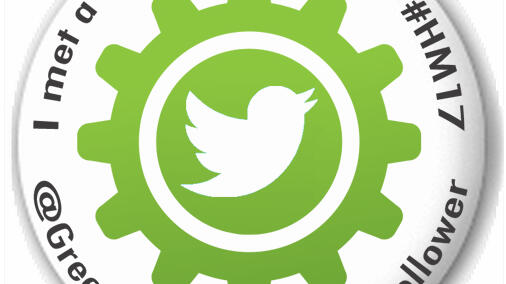 Policy & Regulation
Policy & RegulationPolicy & Regulation
Two days at Europes premier energy conference, eurelectric 2017, reveal how utilities are rapidly adjusting — and looking forward- to a new era of opportunity. Three years ago, less than half of delegates of this conference saw an opportunity in decarbonisation. For this 2017 event, that number has climbed to over 80%. Tesla production capability needs to increase exponentially over the next six quarters in order to meet targets. This means 350,000 Model 3s alone need to be delivered in 2018, representing over 75% of all Tesla car sales in the year. That equates to a ramp-up in that is twice as steep as aircraft production during WWII. There could not be a more fitting illustration in terms of the birth and re-birth of an industry. But production alone is not the only EV headache: Laszlo Varro from the IEA illustrated the challenge inherent in which millions of people will habitually charge overnight charging patterns.
Read Full articleIndustry, street lighting and district energy: Launch of new project to “unlock” access to financing
Investor Confidence Project was brought to Europe to develop a system to give confidence to all active stakeholders. The Commission realises that it needs to get the energy efficiency market working more effectively in all sectors. There is a lack of standardisation in project.
Read Full articleLaunch at EUSEW 2017: Investors for energy efficiency in industry, district energy and street lighting
European Commissions clean energy package combines legislative and non-legislative initiatives. The package calls for a more ambitious energy savings target for 2030 that has more teeth in it. Investor Confidence Project (ICP) was brought to Europe to develop.
Read Full articleLast call to participate - Energy Efficiency Barometer of Industry 2017 (also in SWE, SP, ...)
The Energy Efficiency Barometer of Industry is taking stock of manufacturing companies positions on energy efficiency. This short survey gathers key information about energy use and priorities in a variety of industrial sectors. Participants will find out how important energy efficiency is to others, which.
Read Full articleAre you compliant?
December 5th 2015 has now passed, the date by which businesses all across Europe must comply with Article 8 of the EU Energy Efficiency Directive 2012/27/EU (also known as ‘Article 8′) It is the date that businesses all over Europe.
Read Full Business PracticeArticle 8: the legal quirk entangling some Swedish businesses
December 5th 2015 is the date by which businesses across Europe must comply with EU Energy Efficiency Directive 2012/27/EU Article 8. The date is when businesses must meet the requirements of the Directive. It is also the date when businesses should comply with.
Read Full Business PracticeISO 50001: easier Article 8 compliance, plus energy cost savings
The EU Energy Efficiency Directive 2012/27/EU (also known as ‘Article 8′) now applies. From December 5th 2015, businesses with at least 250 employees have had to comply with Article 8 in every EU Member State where such businesses have.
Read Full Business PracticeThe G20 Energy Efficiency Forum and the Energy Efficiency Investment Toolkit
The G20 energy efficiency work has not got much attention but there are some good things happening. At the event the group, with 15 participating countries, launched its G20 Energy Efficiency Toolkit. The toolkit offers a perspective on scaling up energy efficiency.
Read Full articleDecarbEurope campaign launched in Brussels
Report DecarbEurope 2017: Connecting technologies for a cleaner future. The publication is a first landmark of this multi-partner and multi-channel campaign to decarbonise Europe. In 120 pages, the report takes you on a journey to 10.
Read Full article26 April - Meet EEIP Twitter stars at Hannover Messe 2017
Meet the EEIP Twitter stars at Hannover Messe 2017 - on Wednesday at 15:00 at the Wattline booth in hall 27, N30 at the Energy Efficiency Center. This year, my colleague Juergen Ritzek is attending HM17.
Read Full article





